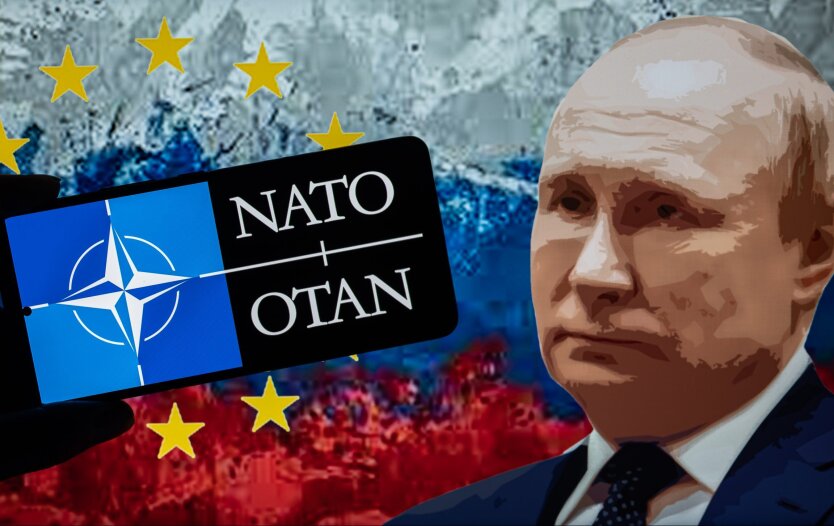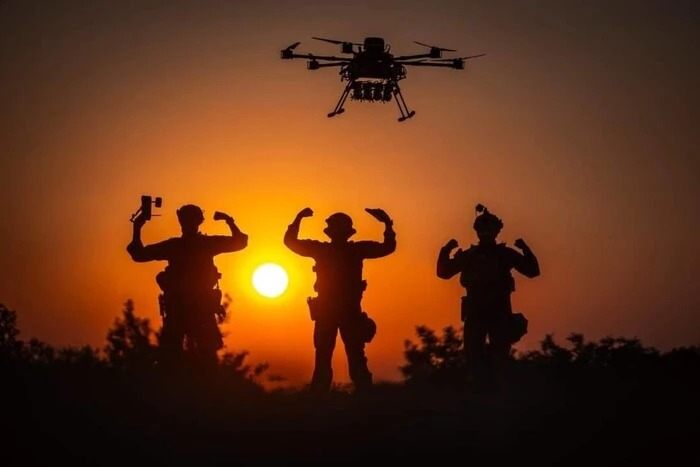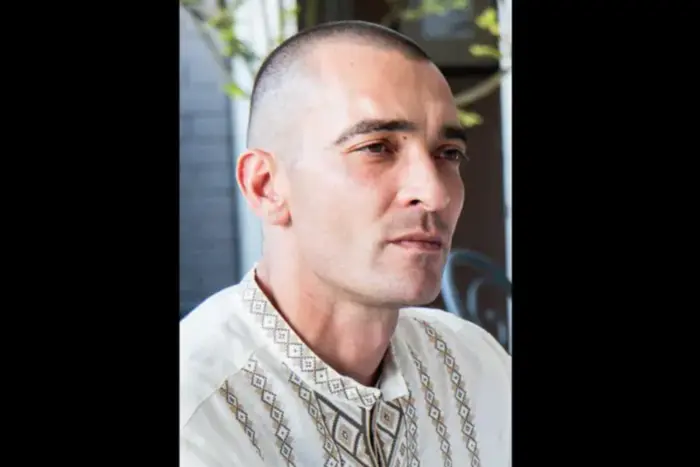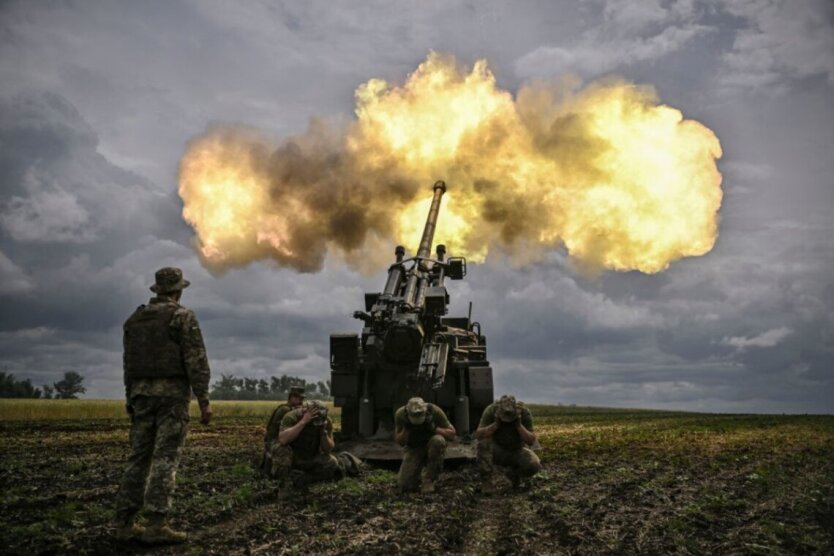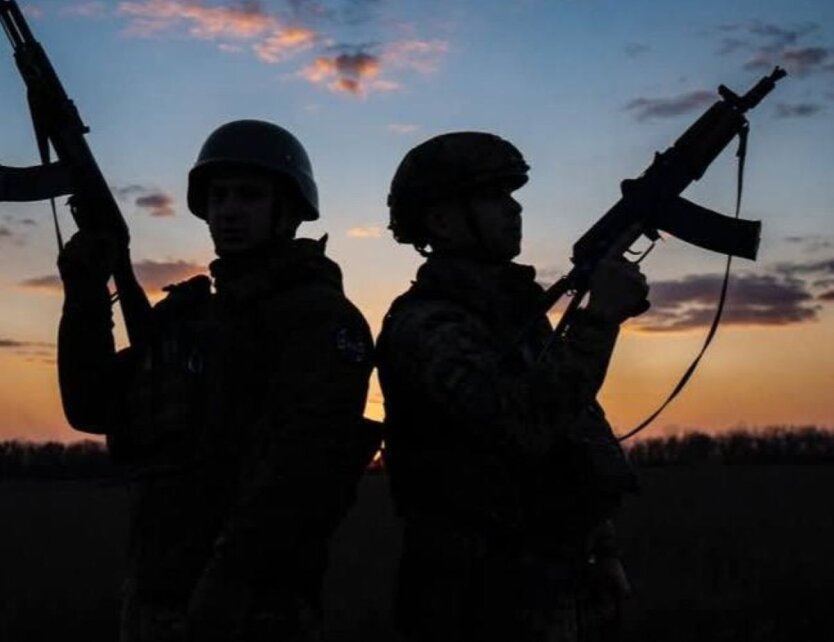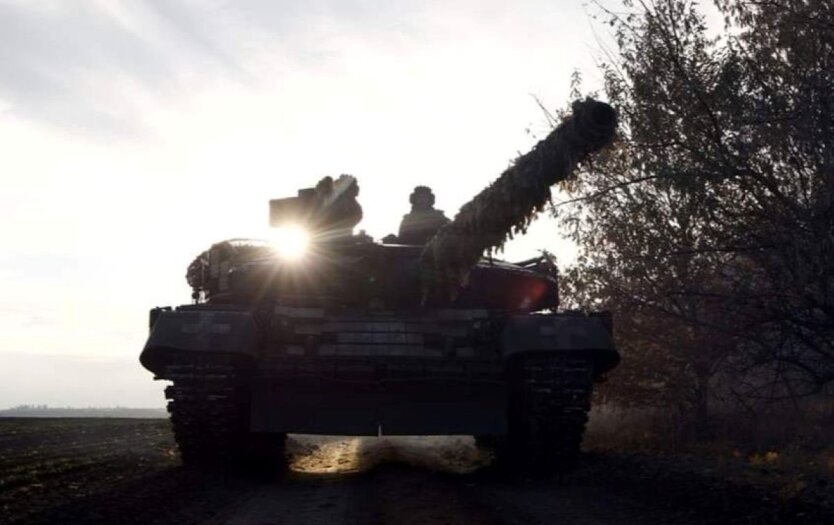Putin in Kiev or Zelensky in the Kremlin: How the Kursk operation affected the unity of Russians.

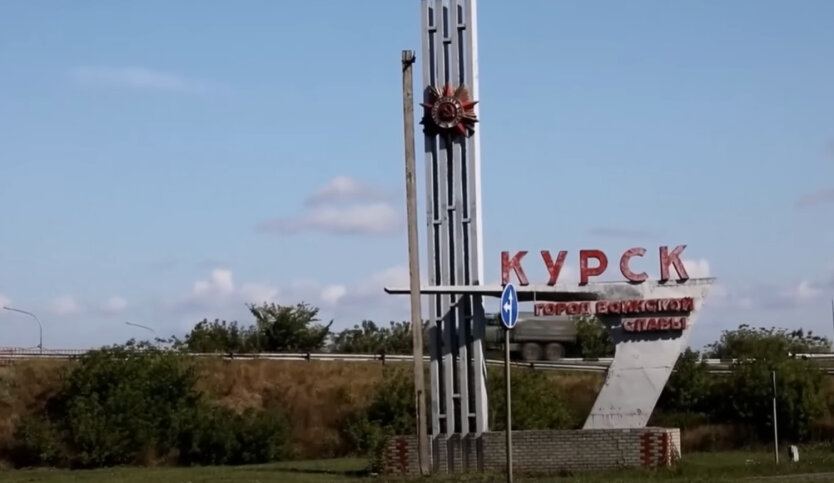
Ukrainians and Russians react differently to the advance of Ukrainian troops in the Kursk region of Russia
The Russian society divided into two parts after the advance of Ukrainian troops in the Kursk region of Russia. Those who stayed in Russia feel a division in society compared to those who have already left the country after the beginning of the conflict.
According to the German publication Der Spiegel, a commentator Mikhail Zigary published an article. The journalist gives an example of a test that his acquaintance businessman offered two and a half years ago. The test consisted of a question: whom would they like to see in Kiev - Vladimir Putin or Volodymyr Zelensky? The businessman stopped communicating with those who chose Putin.
The article also mentions the football player Oleksandr Aliyev, who became the target of criticism from Russian propagandists. Aliyev was born in Russia, moved to Kyiv at the age of 14, and played for the Ukrainian national team. He recently released a video message to Ukrainian troops in the Kursk region.
Football player Oleksandr Aleev began receiving threats from Russia pic.twitter.com/eTjdSyOKRR — Apostrophe (@apostrophe_ua) August 30, 2024
A video that Russian media mistakenly believed confirmed the presence of Nazis in Ukraine, even among "ethnic Russians," was found by Russian media.
Thoughts of Russians who left Russia
According to Zigary, the reaction of Russians to events in the Kursk region depends on their political views and location. Journalist Ksenia Sobchak, who lives in Russia, expressed the need to support the country in conditions of hostilities on its territory, calling the Ukrainian army an "enemy." This position reflects the widespread opinion in Russia about the necessity to "win the war if it has begun." "You can be against the war, but if hostilities take place in Russia, you have no choice: either you are on the side of your country or not. There is no cooperation, not even journalistic, with the Ukrainian army. It is an enemy. Everything has been decided in our favor," Sobchak said.
This position was supported not only by Russian propagandists but also by opposition politicians. Lev Shlosberg, a representative of the "Yabloko" party, criticized those who rejoice in the advancement of militants into the territory of Russia. He stated that responsible opposition should oppose the government, not the people of their country. However, his position was criticized by colleagues who believe it is motivated by fear due to being in Russia.
Thoughts of those who left Russia
According to Zigary, among Russians who left the country, a different opinion prevails. They see Russia's defeat as a necessary condition for ending the conflict. Rapper Noize MC openly expressed his support for Ukraine, mentioning his friend from Sudzha, a city captured by Ukrainian troops. He called for helping civilians on both sides of the conflict.
"War is horror. It should not exist. But until the aggressor is hit, he will not stop and retreat. This means that the war continues. Therefore, YES, I wish victory to Ukraine. And I work for this victory. But that does not prevent me from sympathizing with peaceful victims from the Russian side," he said.
Zigary notes that the desire for the defeat of one's own country is not new. It has historical precedents in Russian culture. Anton Chekhov, for example, wrote that he wanted the defeat of the Russian Empire in the Russo-Japanese War of 1905. The writer Dmitri Merezhkovsky and the poet Zinaida Gippius believed that Russia was losing the First World War. Alexander Herzen became famous in 1863 with the phrase "I am ashamed to be Russian," after the suppression of the Russian imperial rebellion in Poland. And in 1968, during the suppression of the Prague Spring by Soviet tanks, Alexander Solzhenitsyn said, "I am ashamed to be Soviet."
The situation also raises ethical questions for Russian journalists living abroad. Blogger Rostislav Mursagulov, a former propagandist of Russian television now working for Mikhail Khodorkovsky, visited areas of the Kursk region occupied by Ukrainian troops.
"I have mixed feelings, I finally see Russia that I missed so much," he said in his report.
His actions caused criticism even among opponents of the Russian regime, as "one thing is to explain to the public the rightness of Ukraine's victory, another is to get to the territories suitable for conquest."
Zigary conclusion
Read also
- NATO prepares for Russia's invasion after the war in Ukraine: the whole problem is Trump
- Front line as of July 1, 2025. Summary of the General Staff
- Zelensky and the General Staff confirmed the death of Colonel Zakharevich
- Foreign Affairs: Ukraine can achieve a 'Korean scenario' in the war with Russia
- Storming the Enemy: Russians Forced to Attack Sumy Region 'On Their Own Two Feet'
- Unstable Frontline: How Battles Are Ongoing in the Zaporizhia Direction

